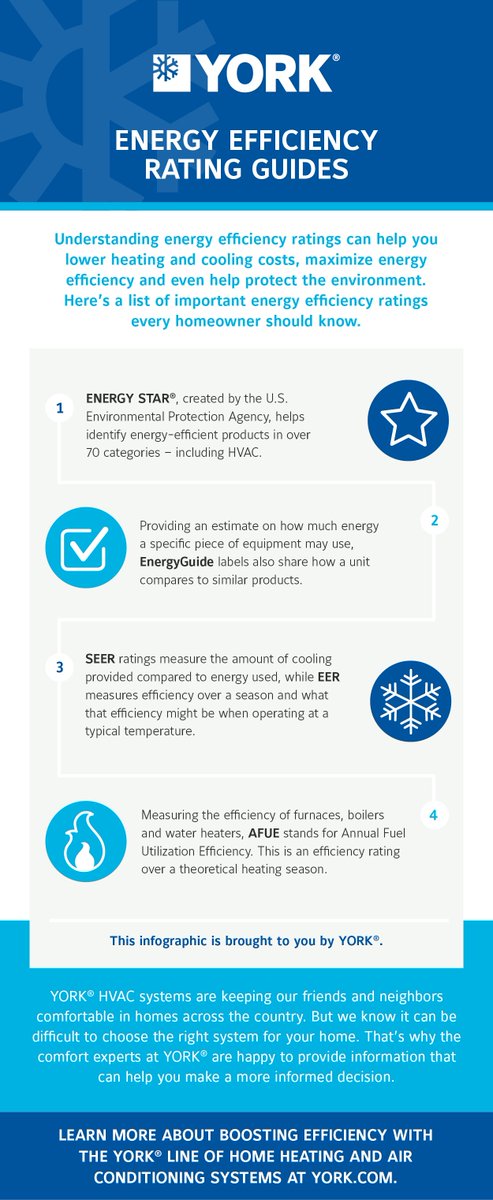Heatpump Vs Heater - Which Is The Better Heating Alternative For Your Home?
Heatpump Vs Heater - Which Is The Better Heating Alternative For Your Home?
Blog Article
Material Writer-Huff Rose
Several homeowners know with heating systems, which warm homes with oil or natural gas and push hot air with ductwork. They are fairly economical and can give reputable home heating also during a wintertime power blackout.
Nonetheless, they make use of fossil fuels and produce carbon monoxide gas and various other air contamination. They additionally aren't as energy-efficient as a high-efficiency heatpump.
Expense
Usually, heatpump are more inexpensive to operate than furnaces. They commonly use electrical energy and refrigerant to extract warm from outdoor air, and after that move it right into your home. You can make use of more affordable electrical energy rates during off-peak hours to better decrease your heating prices.
Unlike heatpump, gas or wood-burning heating systems make use of burning to create warm, sending out flue gases into the environment that can be hazardous to your health. These furnaces are also less energy-efficient than heat pumps, and their higher operating costs can add up in time.
Heating systems are more complex than heat pumps and call for normal upkeep to guarantee the proper function of all components. Regardless of this, they often tend to last longer than heat pumps with a common lifespan of two decades or more. Nonetheless, you'll need to consider the expense of gas, gas oil or timber and the extra tools needed for installment and operation such as ducts and ventilation systems.
Power Efficiency
Heat pumps have a higher power effectiveness ranking than furnaces. These systems utilize electricity to feed on warmth from the air, also in freezing temperature levels. They can also remove excess warmth from the home throughout warmer months and reuse it to cool down the system. copyright experts can help you establish the most effective design for your online on climate and resource power prices.
Heaters melt gas oil, propane, natural gas or various other kinds of nonrenewable fuel source to heat up the air in the home. This air is after that spread with ductwork making use of a huge fan. Heaters generate greenhouse gases and need routine maintenance and devices upgrades to ensure safe operation.
The biggest advantage of a furnace is that it can be operated also in severe winter problems since it does not rely upon outdoor temperatures to warm the air. Heaters also have a longer life-span than heat pumps and usually last 15 years. They can likewise be paired with dual fuel alternatives, which pick the most efficient home heating choice based upon the climate.
Environment
Heatpump function well in moderate climates and use less resource power than furnaces. Nevertheless, if your region is remarkably cool, you might require to buy a typical gas heating system instead.
Heating systems supply cozy, cozy heat and commonly provide rapid heating to raise indoor temperature levels. These systems can be used with a selection of fuel kinds, consisting of natural gas, gas, oil or power.
https://www.bobvila.com/articles/does-home-warranty-cover-plumbing/ consume more energy than heatpump-- as much as 3x as much-- and require ductwork that's pricey to set up or retrofit. They're additionally extra pricey to maintain, as they can cause air quality problems and produce greenhouse gas exhausts.
If you're devoted to minimizing your carbon footprint, a heat pump is a great selection for your home. They have less greenhouse gas emissions than furnaces, specifically if you pick an ENERGY STAR ® heat pump. Your local copyright expert can describe the differences in between these two heating systems and aid you make the most effective decision for your special demands.
Individual Preferences
Heating systems can be extremely power efficient when powered by natural gas, lp or oil, but they aren't as energy effective as heat pumps in cold environments. They can likewise be much more expensive to set up, requiring gas lines and air flow systems.
Nevertheless, furnaces tend to require less upkeep, which can result in lower recurring expenses. They generate fewer greenhouse gases and are a lot more dependable than heatpump during extreme weather condition.
Electric heat pumps are a lot more functional in developing interior comfort because they can also act as ac unit throughout warmer months. They can be easier to maintain, requiring just normal air filter modifications and periodic vacuuming.
If you choose the ease of a single system that does it all, take into consideration a hybrid home heating remedy that sets a furnace with an electric heatpump. These systems can automatically switch over between both home heating choices based on your home's needs and temperature level problems, taking full advantage of effectiveness and savings.